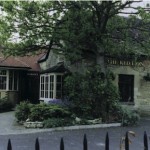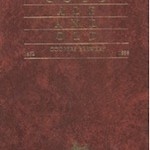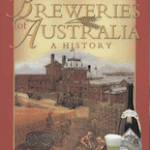Getting a Handle on the English Pub
September 1, 2000 - Tim HampsonOpening hours: Pubs used to shut tight in the afternoons but the law has been changed in recent years. Pubs can now open from 11:00 a.m. to 11:00 p.m. Monday through Saturday. Sunday hours are 12 noon to 10:30 p.m. But publicans may choose to close to suit the demand of individual houses. While most... View Article






